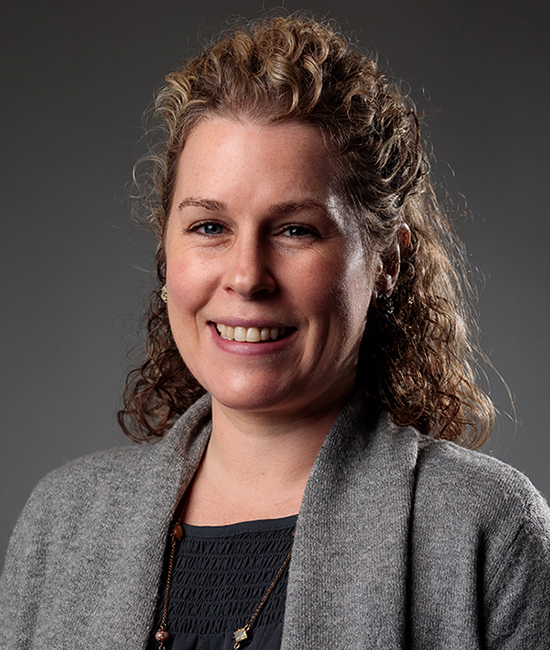
 These are challenging times as we all continue to adjust during the COVID-19 pandemic. Many of us face uncertainty as we try to plan for the future and big life changes, such as the start of a new school year. Here, Erica Schleif, a licensed mental health counselor, offers advice and helpful resources for children and families as they think about back-to-school.
These are challenging times as we all continue to adjust during the COVID-19 pandemic. Many of us face uncertainty as we try to plan for the future and big life changes, such as the start of a new school year. Here, Erica Schleif, a licensed mental health counselor, offers advice and helpful resources for children and families as they think about back-to-school.
By Erica Schleif, LMHC
I hear a lot that people are struggling with the unknown. That’s never a comfortable feeling. Here is some advice for both adults and children. Please share with your family!
- Be kind to yourself. Some people are better at dealing with uncertainties than others, so don’t beat yourself up if your tolerance for unpredictability is lower than a friend’s. Remind yourself that it might take time for the stressful situation to resolve, and be patient with yourself in the meantime.
- Reflect on past successes. Chances are you’ve overcome stressful events in the past — and you survived! Give yourself credit. Reflect on what you did during that event that was helpful, and what you might like to do differently this time.
- Develop new skills. Learn a new hobby you have been wanting to try. Talk to a parent or friend about something you have been keeping to yourself. Sometimes taking risks helps you develop confidence and skills that come in handy when life veers off course.
- Limit exposure to news and social media. When we’re stressed about something, it can be hard to look away. But compulsively checking the news only keeps you wound up. Talk to your friends instead. Try to limit your check-ins and avoid the news during vulnerable times of day, such as right before bedtime.
- Avoid dwelling on things you can’t control. When uncertainty strikes, many people immediately imagine worst-case scenarios. Learn the facts and ask questions before making assumptions.
- Take your own advice. Ask yourself: If a friend came to me with this worry, what would I tell her? Imagining your situation from the outside can often provide perspective and fresh ideas.
- Engage in self-care. Make efforts to eat well, exercise, and get enough sleep. Many people find stress release in yoga and meditation. Listen to music, read a book, play with a pet, or watch a funny movie.
- Seek support from those you trust. It can be easy to isolate when you’re stressed or worried. But social support is important, so reach out to family and friends — safely and from a distance as needed. Make time for FaceTime (or other video chat) check-ins with friends and talk about your worries. Chances are, they are worried as well.
- Control what you can. Focus on the things that are within your control, even if they are as simple as weekly meal planning or laying out your clothes the night before a stressful day. Establish routines to give your days and weeks some comforting structure.
- Ask for help. If you’re having trouble managing stress and coping with uncertainty on your own, ask for help.
Additional Resources
Below are some links to resources that I love to share. They are not directly related to the uncertainty of going back to school, but they can be helpful.
- Finding the Right Words to Talk with Children and Teens about Coronavirus
- 7 Ways to Support Kids and Teens Through the Coronavirus Pandemic
- Pandemic 2020: Our Stuck at Home Guide to Food, Fun and Conversation
- Tips for Supporting Student Wellness During COVID-19
- Stress Management and Teens
- Returning to Normal After COVID-19
#
Erica Schleif is a licensed mental health counselor on the Behavioral Health team at Gifford. For more information about counseling, visit giffordhealthcare.org/service/behavioral-health.
For more information about coronavirus, visit giffordhealthcare.org/coronavirus-covid-19, cdc.gov or healthvermont.gov. Additionally, you may call 2-1-1 with questions.
###

